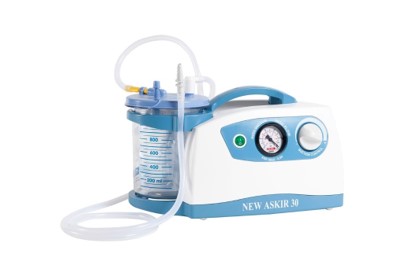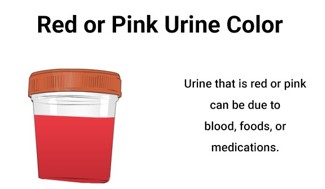A nurse Is teaching a client who Is taking metronidazole. Which of the following sense alterations should the nurse Include as an adverse effect of metronidazole?
Hearing Loss
Alterations in touch
Metallic taste
Olfactory changes
The Correct Answer is C
The correct answer is choice c. Metallic taste Choice A rationale: Metronidazole is not associated with hearing loss as a common adverse effect. Hearing loss is more commonly linked to other medications, such as aminoglycosides. Choice B rationale: Alterations in touch, or peripheral neuropathy, can occur with metronidazole but are not the typical sense alteration reported by patients. Choice C rationale: Metallic taste is a well-documented adverse effect of metronidazole. Many patients report a metallic or unpleasant taste during therapy. Choice D rationale: Olfactory changes are not a commonly reported adverse effect of metronidazole. This is more often seen with certain other medications or conditions.
Nursing Test Bank
Naxlex Comprehensive Predictor Exams
Related Questions
Correct Answer is C
Explanation
A competitive neuromuscular blocking agent can cause respiratory depression and compromise the client’s ability to clear secretions. Therefore, it is important to have suction equipment readily available at the bedside to assist with airway clearance if needed.

Correct Answer is B
Explanation
Rifampin can cause body fluids such as urine, sweat, saliva, and tears to turn a reddish-orange color. This is a harmless side effect and is not a cause for concern. The nurse should instruct the client to expect this change in color while taking the medication.

Whether you are a student looking to ace your exams or a practicing nurse seeking to enhance your expertise , our nursing education contents will empower you with the confidence and competence to make a difference in the lives of patients and become a respected leader in the healthcare field.
Visit Naxlex, invest in your future and unlock endless possibilities with our unparalleled nursing education contents today
Report Wrong Answer on the Current Question
Do you disagree with the answer? If yes, what is your expected answer? Explain.
Kindly be descriptive with the issue you are facing.
